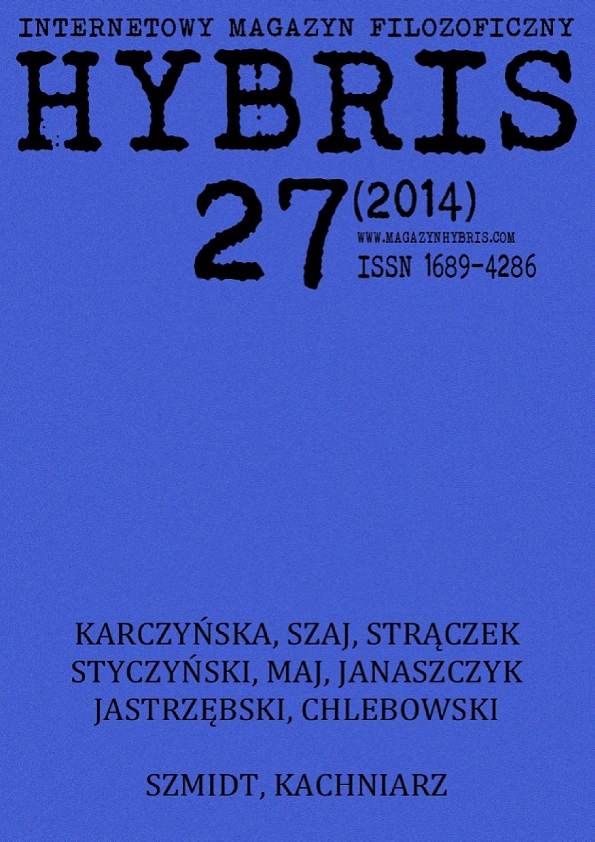FILOZOFICZNO-RELIGIJNE ZAŁOŻENIA I KULTUROTWÓRCZE ASPIRACJE HISTORII RELIGII MIRCEI ELIADEGO
-
Author(s): Bogumił StrączekSubject(s): Social Philosophy, Philosophy of Religion, Hermeneutics, History of Religion, Ontology
Published by: Wydawnictwo Uniwersytetu Łódzkiego
Summary/Abstract: This article is focused on philosophical and religious presuppositions of Mircea Eliade’s history of religion. There are three areas on which his concept of religion is based: interest in humanities, like history, sociology, psychology and phenomenology of religion, the influence of philosophies and personal religious beliefs. He proclaims integral discipline which links scientific methods such as empiricism, structuralism, functionalism, antireductionism, antievolutionism, but also stresses empathic understanding of experience of the sacred. With properly applied method, which he called total hermeneutic, scientist will be able to examine the universal structures of historically and geographically remote religions. But this vision takes for granted ahistorical religious structures. Eliade does not use the methods developed by history. In fact, ontology and anthropology, which he characterizes as archaic, presupposes the existence of cosmic religion as the purest form of religious belief. Thus Romanian philosopher interprets religious facts, according to subjective and dogmatically accepted claims. He links the ideas of Oriental religions (liberation from the time), ethnographic beliefs (cult of nature) and Christianity (the idea of God incarnate in Jesus Christ). Finally, Eliade’s purposes are more practical. He seeks to revitalize desacralized culture by the conception of cosmic Christianity, which is syncretic and cosmocentric doctrine.
Journal: Internetowy Magazyn Filozoficzny HYBRIS
- Issue Year: 2014
- Issue No: 27
- Page Range: 39-57
- Page Count: 19
- Language: Polish

